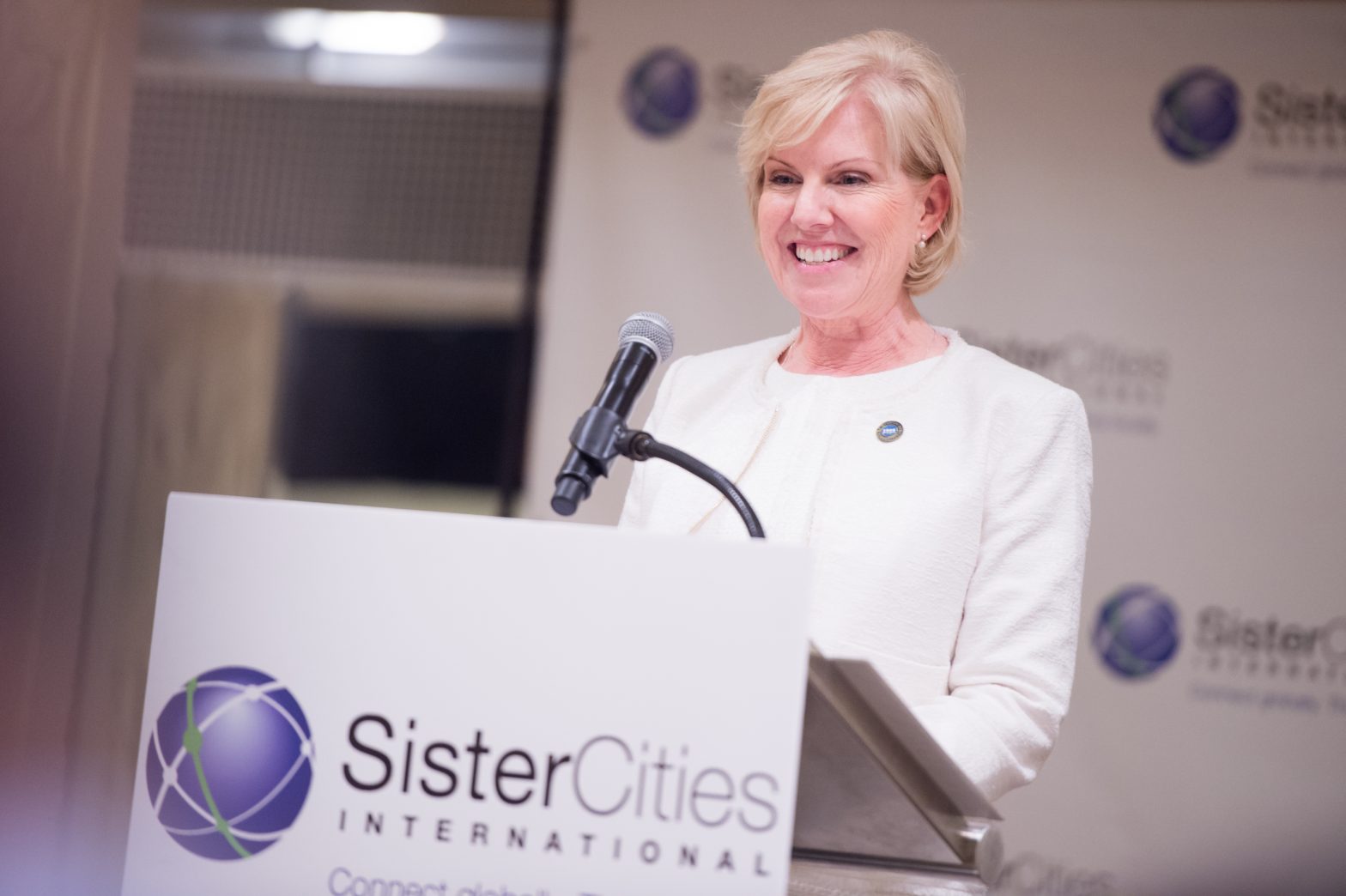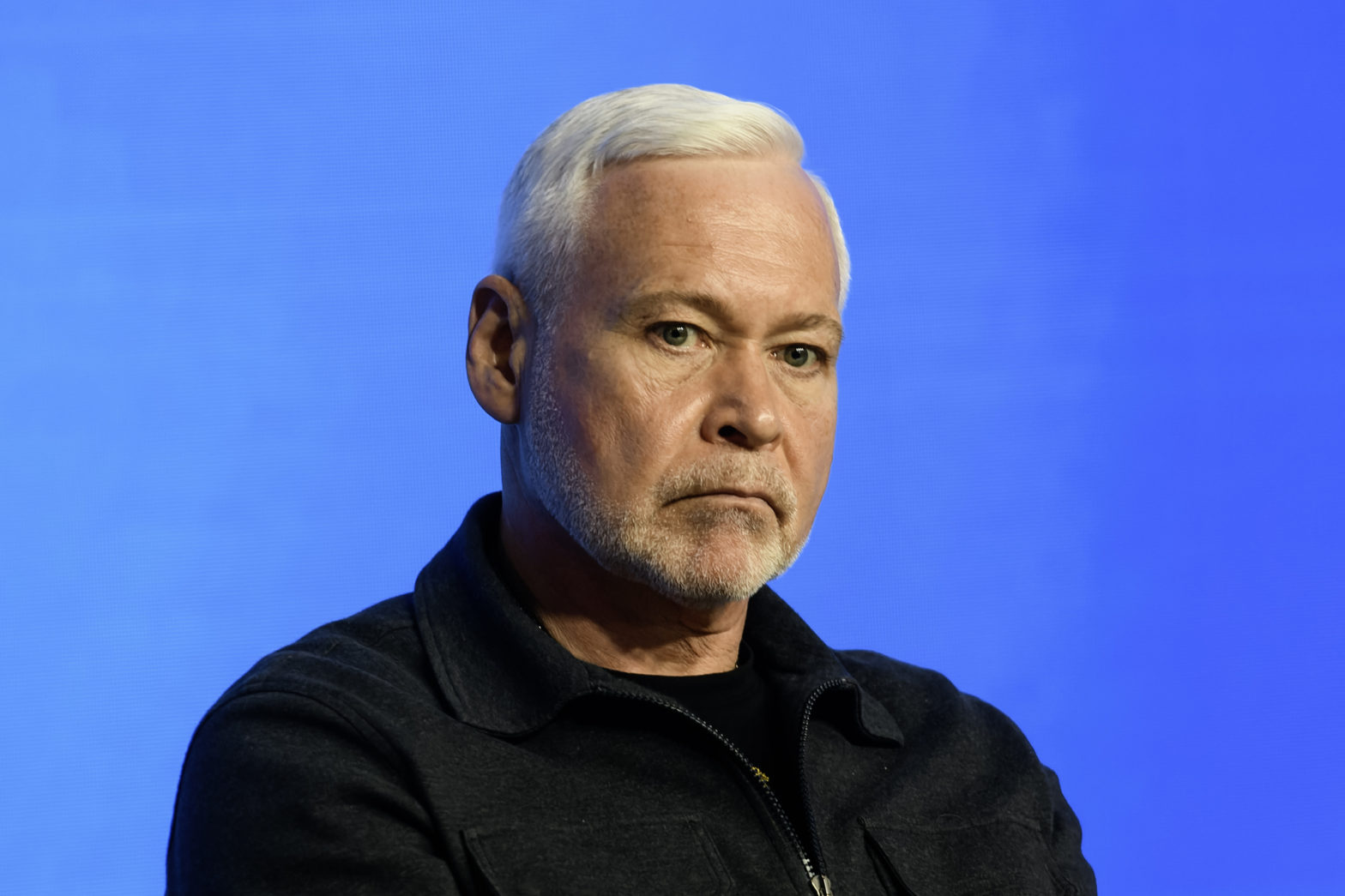
Photo: DSC_2446
How Sister Cities is helping forge economic ties
28 July 2016
by Mythili Sampathkumar
On 11 September, 1956 US President Dwight Eisenhower called for improving ties with Germany and Japan in order to avoid another catastrophic event like World War II. Over time, the relationships between far-flung populations facilitated by Sister Cities International (SCI) became mutually beneficial not just for individuals and families, but for economies as well–a key focus of the organisation going forward.
The message of peace and prosperity through common bonds seemed even more apt as SCI members gathered in Washington, DC 13-16 July for their annual meeting. It came on the heels of terrorist attacks in Istanbul, Baghdad, and Nice, France–whose sister cities in the US are Houston, Denver, and Miami, respectively.
President and CEO of SCI Mary Kane told Cities Today that the original intent of President Eisenhower was still true today. People are not bad it is their countries’ governments that are in dispute. Kane said “we can use governments, but we can also evade them” in order to forge bonds.
Those bonds have also led to multi-billion business deals, a fact that is often overlooked as a by-product of a sister cities relationship according to Kane. She narrated the story of now Chinese President Xi Jinping, whose first trip to the US was in 1985 at the age of 27. He stayed with an American family in Muscatine, Iowa. The stay had such an impact on him that several years later when on an official state visit, Xi insisted on visiting his host family, the Dvorchaks, for tea.
It may seem like an innocuous cultural tie, but Kane noted that the visit led to China and the state of Iowa signing a US$4.3 billion deal for soybeans shortly thereafter.
In fact Jay Mathur, Founder and CEO of consulting firm valueideas, conducted one of the most well-attended sessions at the conference. He said that over the initiative’s 60-year history “there was a sporadic effort to understand economic impact” of sister city relationships. Local authorities have often been unable to justify financial support because there was no “comprehensive, repeatable, sustainable” data collection to show cost-benefit ratios, Mathur explained.
He and SCI have created the Measures That Matter℠ methodology to help. The results of an October 2015 study show that the SCI network adds approximately US$525 million to the US economy alone, not including benefits to foreign cities, states, and countries. Future data could help foster deeper cultural ties among sister cities if local authorities and businesses see it as an long-term investment, according to Mathur.
Kane echoed that sentiment when she told Cities Today, “we’re not an aid organisation. We don’t just do projects and go away.” She said the goal of SCI is to encourage cities in the US to partner more with communities in the Middle East and North Africa going forward. “In 1956, no one could have imagined that Germany and Japan would now, just 60 years later, be our strongest allies and trading partners….human relationships, they work.”








